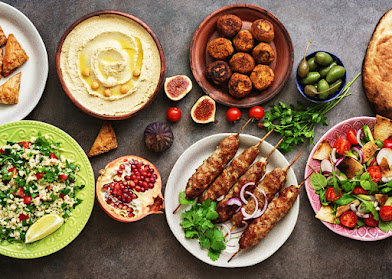Distilled Spirits Delights: Elevating the Craft of Mixology
Distilled Spirits: Unveiling the Essence of Alcoholic Beverages
Distilled spirits, also known as hard liquor or simply spirits, have a rich history and cultural significance dating back centuries. These potent alcoholic beverages are produced through the process of distillation, which involves heating a fermented liquid to separate alcohol from other components. The result is a concentrated elixir that embodies the essence of the raw ingredients used in its creation. This article delves into the fascinating world of distilled spirits, exploring their origins, production methods, and diverse array of types and flavors.
A Historical Journey: Origins and Evolution of Distilled Spirits
The origins of distilled spirits are shrouded in antiquity, with evidence of early distillation techniques found in civilizations across the globe. Historical accounts point to ancient civilizations in China, India, and the Middle East as some of the first to experiment with distillation, primarily for medicinal and aromatic purposes. However, it was the Arab alchemists during the Middle Ages who played a pivotal role in refining the distillation process and spreading its knowledge throughout Europe.
Distillation Process: Unraveling the Alchemy
The art of distillation revolves around transforming fermented liquids, such as grains, fruits, or sugarcane, into alcoholic spirits. The process begins by fermenting the raw material to convert sugars into alcohol. The resulting liquid, known as "wash" or "mash," is then heated in a still, where the alcohol evaporates at a lower temperature than water due to its lower boiling point. The alcohol vapor is collected, condensed, and then bottled as the final distilled spirit. The magic of distillation lies in the ability to concentrate flavors and aromas, making each spirit unique in taste and character.
Variety and Complexity: Types of Distilled Spirits
Distilled spirits encompass an extraordinary range of alcoholic beverages, each with its distinct production methods and characteristics. Whiskey, crafted from grains like barley, corn, rye, or wheat, gains complexity from aging in wooden barrels, while vodka, typically derived from potatoes or grains, is renowned for its purity and neutrality. Rum, a product of sugarcane or molasses, reflects tropical origins with its sweet and spicy notes, while gin impresses with its infusion of botanicals like juniper berries and citrus peels. Tequila, born from the blue agave plant, carries the spirit of Mexico in its earthy and herbaceous profile.
Appreciation and Mixology: Enjoying Distilled Spirits
Appreciating the nuances of distilled spirits is a delightful adventure for enthusiasts and connoisseurs alike. Tasting notes, aromas, and mouthfeel vary extensively, providing a rich tapestry of experiences to explore. Many spirits are best savored neat or on the rocks, allowing the full range of flavors to shine. Others find their way into cocktails, where mixologists craft innovative concoctions that highlight the unique characteristics of each spirit.
Conclusion
Distilled spirits hold an esteemed place in the world of alcoholic beverages. From their mysterious origins to the intricate production processes and vast range of types and flavors, these potent elixirs have captured the hearts of people across generations. Whether sipped thoughtfully or enjoyed in creative cocktails, distilled spirits continue to enchant and fascinate, making them a timeless and enduring part of human culture. As you venture into the world of distilled spirits, remember to drink responsibly and appreciate the craftsmanship and artistry behind each drop. Cheers!



.png)
Comments
Post a Comment